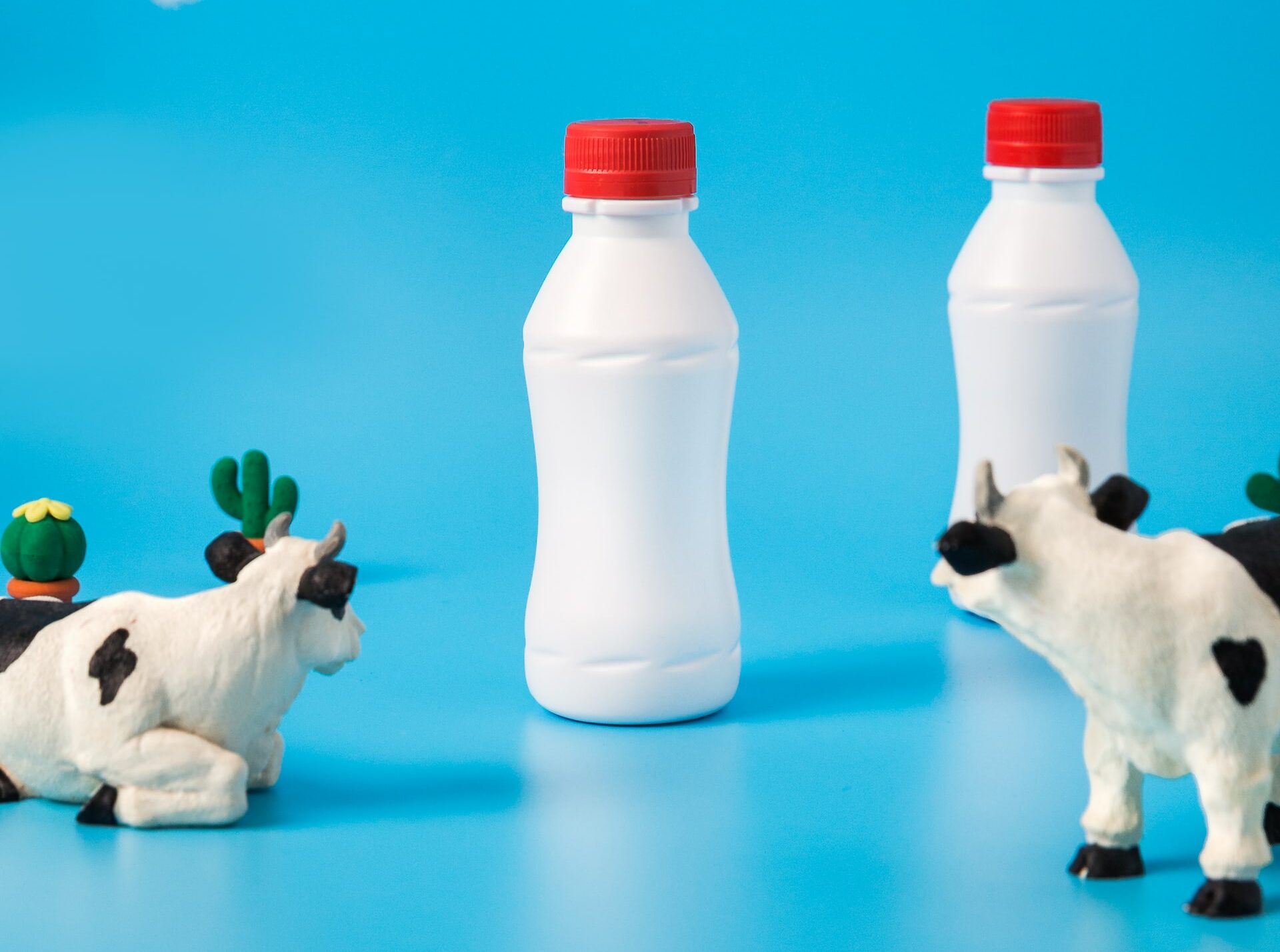In the US, drinks made from soy, oats and almonds may be called “milk”

The Food and Drug Administration has established that using the word "milk" also for soy, oat and almond-based drinks does not create confusion among consumers, but the producers of plant-based alternatives protest anyway. The New York Times article
Beverages made with oats, soy and almonds can keep the word milk in their name, the Food and Drug Administration has proposed, in a bid to end a long-running battle between the mighty dairy industry and the new plant-based producers who they changed the way Americans consume grains and flavor coffee.
The New York Times writes that most consumers, the agency noted in its draft proposal, are aware that liquid plant extracts have no relation to cows' udders.
But in a concession to traditional dairy producers, the FDA has also recommended that the packaging of plant-based beverages clearly indicate the major nutritional differences between their products and cow's milk. If a carton of rice milk contains less vitamin D or calcium than cow's milk, for example, the label should provide this information to consumers.
While the new labeling recommendations are described as voluntary, industry experts predict that most businesses will comply. The agency plans to issue a final decision after another public comment period.
“Today's draft guidance was developed to help address the significant increase in plant-based alternatives to dairy products that we have seen become available on the market over the last decade,” Commissioner Robert M. Califf said in a statement. of the FDA. "The draft recommendations released today should lead to providing consumers with clear labeling to give them the information they need to make informed decisions about nutrition and the products they buy for themselves and their families."
The FDA guidelines were eagerly awaited by dairy farmers and the broader plant-based food industry, who clashed over whether the word "milk" on products made from nuts and grains confuses consumers. The debate, which began four decades ago with the introduction of soy-based drinks, has become more urgent following the seismic change in eating habits. Products like oat milk continue to see strong growth, while milk consumption has been declining for decades. According to the US Department of Agriculture, Americans on average drink nearly half as much milk as they did in 1970.
The growing popularity of drinks made with cashews, quinoa or flaxseed has been fueled in part by health concerns; some people buy them because they are lactose intolerant. Additionally, a growing number of Americans cite the desire for a vegan diet or the contribution of dairy farming to climate change through the manure and methane produced by cows. Animal rights activists have tried to portray dairy farming as inherently cruel, a claim that has been rejected by the industry. For some consumers, the switch to plant-based products is simply a matter of taste.
Plant-based food industry executives expected a less favorable ruling given the skepticism expressed by one of Dr. Califf's recent predecessors, Dr. Scott Gottlieb. In 2018, he famously declared that "an almond is not milk" — comments that suggested the agency may seek to ban the word "milk" for non-dairy beverages.
Madeline Cohen, senior regulatory attorney at the Good Food Institute, which promotes plant-based food products, said the FDA's guidance is a welcome acknowledgment that consumers are savvy enough to know coconut milk isn't manufactured from lactating animals. “We know that consumers are going out and buying these products on purpose,” he said. “No one buys them by accident”.
However, the author expressed her disappointment with the new labeling recommendations, stating that they are unnecessary and can lead to confusion, especially considering that some nutritional components of milk, such as protein and magnesium, are not lacking in the diet of a typical adult. “If anything, some groups of Americans consume too much protein,” he said, adding that those interested in the nutritional content of a plant-based drink can read the existing label on the back of the product.
Dairy farmers have had an equally mixed reaction to the FDA's proposals. Alan Bjerga, spokesman for the National Milk Producers Federation, expressed disappointment that the word "milk" could remain on plant-based beverage cartons. However, he said he thinks the new nutrition labeling recommendations might convince some companies to switch to words like "beverage" or "drink" rather than having to acknowledge that their products have less protein and calcium than plain traditional milk.
(Excerpt from the foreign press review by eprcomunicazione )
This is a machine translation from Italian language of a post published on Start Magazine at the URL https://www.startmag.it/sanita/negli-usa-le-bevande-a-base-di-soia-avena-e-mandorle-potranno-essere-chiamate-latte/ on Sat, 04 Mar 2023 06:46:16 +0000.
